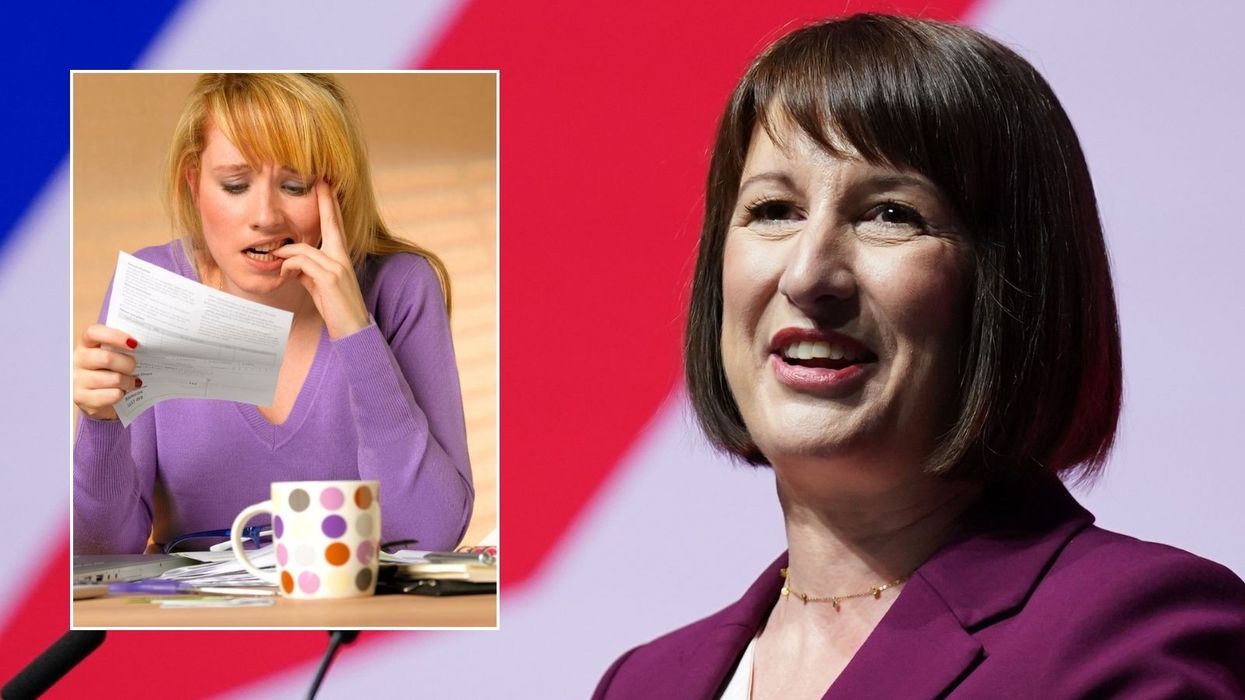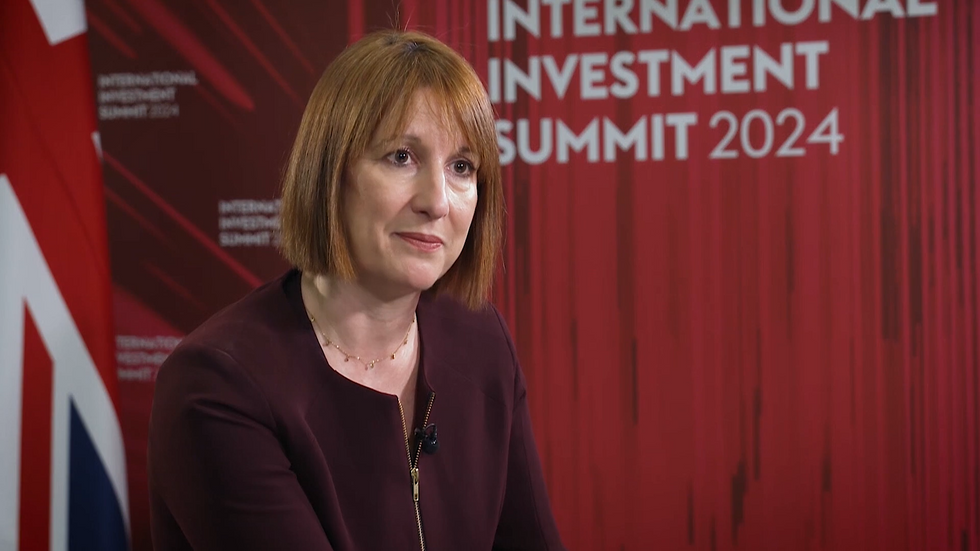Inheritance tax raid: Rachel Reeves to hike 'most unpopular tax' in upcoming Budget

An inheritance tax raid is reportedly on the cards in the upcoming Budget
|PA/GETTY

Labour is reportedly looking to raise the amount of revenue generated from inheritance tax
Don't Miss
Most Read
Chancellor Rachel Reeves is reportedly considering significant changes to inheritance tax (IHT) in the upcoming Budget as she attempts to raise the amount of money raised by the levy.
This move comes as part of a broader plan to implement up to £40billion in tax rises and spending cuts.
Sources told the BBC that various reliefs and exemptions within the current inheritance tax system may be targeted.
These potential alterations could affect how family businesses, agricultural land, and lifetime gifts are taxed.
The Treasury has not confirmed these plans, stating they do not comment on tax speculation outside of fiscal events.
However, the rumoured changes have already sparked debate about the fairness of IHT and its impact on British families.
Do you have a money story you’d like to share? Get in touch by emailing money@gbnews.uk.

Rachel Reeves has previously warned "tough decisions" will need to be made
| GB NewsWith the Budget set for October 30, many are anxiously awaiting details of how these potential reforms might affect their estates and financial planning.
Inheritance tax currently stands at 40 per cent on estates valued above £325,000. This threshold has remained frozen since 2009 and is set to stay at this level until 2028.
Only about four per cent of deaths result in an inheritance tax charge, raising approximately £7billion annually for the government.
The tax includes several exemptions and reliefs. These cover areas such as gifts given while alive, Business Relief, and Agricultural Relief.
Under current rules, if a person gives away more than £325,000 in cash or gifts but dies within seven years, recipients could be liable to pay inheritance tax.
Agricultural Relief allows land or pasture used for crops or animal rearing to be exempt from inheritance tax.
The Government is reportedly considering changes to several inheritance tax reliefs and exemptions. One area under scrutiny is the Business Relief for Inheritance Tax, which allows family businesses to be passed on tax-free.
Agricultural Relief, which exempts farmland from inheritance tax, may also face alterations. These changes could significantly impact rural communities and family-owned enterprises.
Rules around lifetime gifts are another potential target. Currently, gifts made within seven years of death may be subject to inheritance tax if they exceed £325,000.
Research from the Centre for Analysis of Taxation found that some estates worth over £10million pay less than four per cent in tax, while others pay close to the full 40 per cent rate.
LATEST DEVELOPMENTS:
 The levy is charged at 40 per cent on estates worth more than the £325,000 threshold | GETTY
The levy is charged at 40 per cent on estates worth more than the £325,000 threshold | GETTYStevie Heafford, a tax partner at HW Fisher, suggested the Chancellor should consider over reform to the levy.
Heafford said: "Inheritance Tax has long been one of Britain's most unpopular taxes. As a result, a reduction to the rate or at the very least the unfreezing of the nil rate band, would be welcomed by many."
"As it stands, the nil rate band, which is the amount you can pass onto your loved ones without paying any Inheritance Tax, is £325,000.
"The decision by the Government to freeze this figure until 2028, rather than increase it in line with inflation, means that many people have found themselves caught in the Inheritance Tax trap for the first time."










